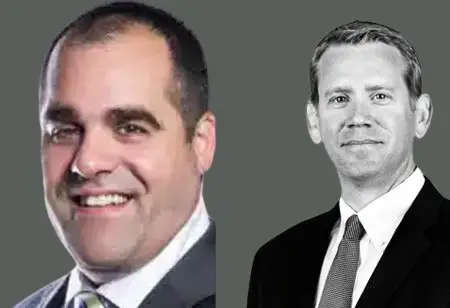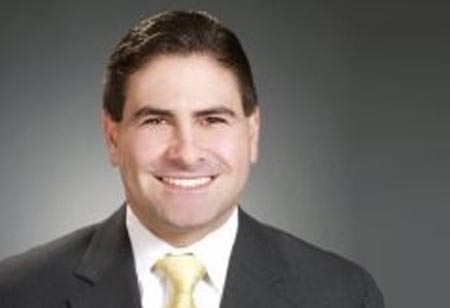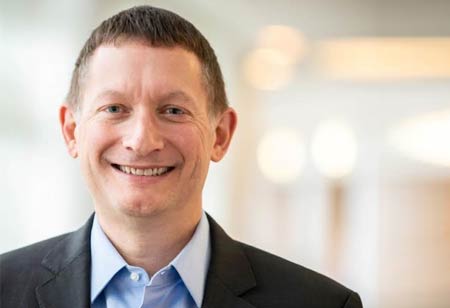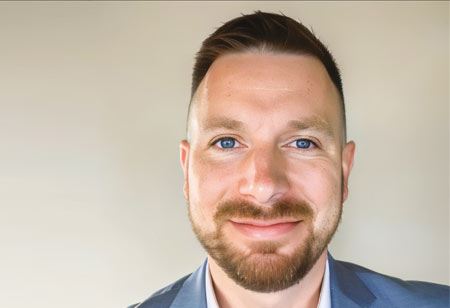Thank you for Subscribing to Construction Business Review Weekly Brief
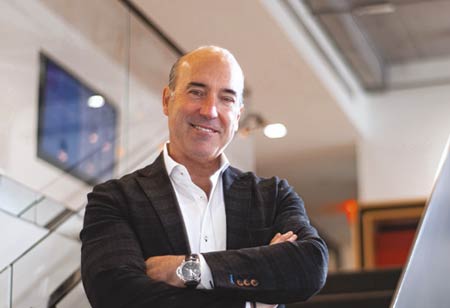
A Mindful Approach To Safety And Mental Health
The pandemic has spotlighted the lack of focus on mental health in the workplace. It has never been more top of mind for employees and employers than it is now. The management style of mandating expectations, without empathy, is ineffective in today’s society—to be productive and reach their full potential, people need to feel safe and secure. And that starts with mental health.
In the construction industry safety is—and always will be— the number one priority. While incredibly rewarding, construction is arguably one of the most taxing and challenging jobs—frontline teams can sometimes work 24/7 in intense and demanding environments. This takes a mental toll—construction experiences the second highest rate of suicide among major industries. Nearly 60% of construction workers reported struggling with mental health, but only a third said they would communicate this to their employers.
The focus and work around mental health are critical to keeping people safe and sending them home better than when they came in. Shawmut prioritizes mental health to help our people become their best selves and stay sharp to help mitigate potential safety issues.
Shawmut put an increased focus on Total Worker Health in 2016, incorporating it into our Safety Week and safety program, but the pandemic has demanded the acceleration of this work. Our teams take a holistic approach to educating and engaging around safety—considering it from both a physical and psychological standpoint. Shawmut’s recently-launched Culture of Care Toolbox Talks focus on safety from a psychological, mental health, and general well-being standpoint. Shared on our jobsites and company-wide, topics include empathy, mental health awareness (PTSD, suicide prevention), racism, and sexism.
Research shows that improving worker safety from a mental health and well-being perspective can significantly reduce safety incidents. The lack of data on accidents caused by distracted workers shines a light on the fact that this very subject needs to be focused on—and that starts with mindfulness.
In a given day, 80% of a person’s thoughts are negative, and awareness and mindfulness allow the opportunity to change this lens, adjusting responses and actions to be positive.
Mindfulness creates the space to be empathetic, and empathy builds stronger bonds with team members, fosters an inclusive workplace environment, and opens the door for more candid and regular safety conversations. As a result, workers feel free to share ideas, learn, ask for help without judgment, and perform their jobs safely. This all ensures critical information is received before a safety incident occurs.
To implement and operationalize an abstract concept like mindfulness, Shawmut integrates it into our safety program— from regular company- and department-wide touchpoints to monthly jobsite Toolbox Talks.
"The lack of data on accidents caused by distracted workers shines a light on the fact that this very subject needs to be focused on— and that starts with mindfulness"
This integration starts at the top, with our leaders understanding the psychology of human behaviors and decisions.
Shawmut takes a caring corporate approach to mental health benefits. We offer well-being webinars from ComPsych that cover topics from resiliency to managing worry and anxiety amid Covid-19. Our employee assistance program (EAP) is a confidential, free benefit that offers short-term counseling and referrals—available 24/7—along with information and resources on emotional, financial, legal, family and work-life issues. The EAP helps employees address personal challenges, support positive change, and improve overall well-being.
We’re able to do all of this crucial work because of our strong culture and safety foundation. And this people-first culture leads to highly-energized teams, which translates into a great customer experience, and ultimately, a strong and successful business.

